
Major food companies admit they are not prepared to cope with a no-deal Brexit, after a survey revealed 50% had not yet developed any plan for it.
The results, obtained by The Grocer after detailed responses from a dozen £100m-plus turnover fmcg companies, reveal many have underestimated the implications of Brexit, with just eight weeks to go.
Industry leaders said uncertainty was at “an all-time high” despite Theresa May’s attempts to rewrite the withdrawal agreement.
The survey asked what steps companies had taken to cope with exit from the EU, even if it took place on the previously negotiated transition period at the end of December 2020. It showed 50% of respondents had evaluated the risks and costs but were still preparing recommendations.
Read more: Backstop explained - everything you need to know about food & drink’s biggest Brexit conundrum
And while 40% said they had plans to cope with Brexit whatever it may mean, more than 10% said they still felt it was ‘early days’.
Meanwhile, more than 50% of companies said they had failed to request a UK Economic Operators Registration Identification number.
The survey also showed a lack of IT infrastructure to cope with an estimated 300 million customs declarations, with more than 40% saying they had no plans to review their IT capabilities, while 50% said they anticipated being able to manage the increased level of administrations with their existing resources.
“Companies are beginning to recognise it’s far more complicated than they had perceived,” said Jonathan Kittow, director of Simply Supply Chain, which carried out the survey. “There is tangible evidence that people are not prepared and the whole administrative requirement is underestimated, and Ireland is a much bigger problem than people anticipate.”
The survey came after supermarket bosses this week warned MPs the UK was just weeks away from chaos at the ports, empty shelves and soaring food prices.







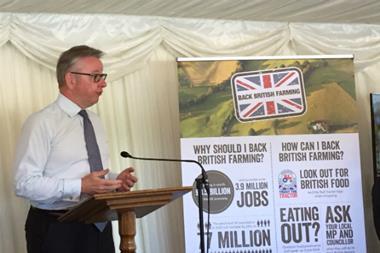
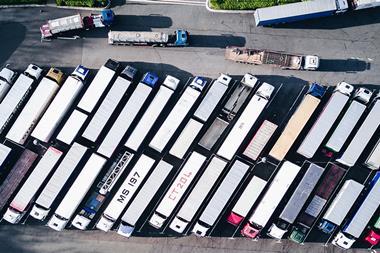
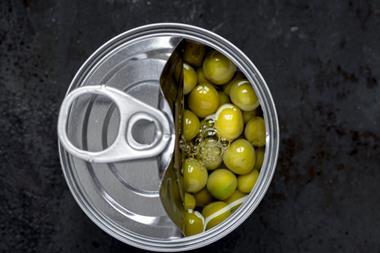
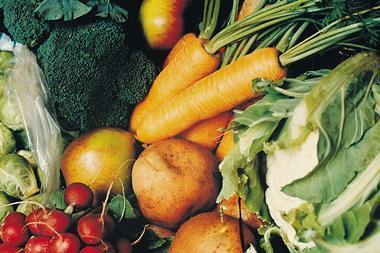

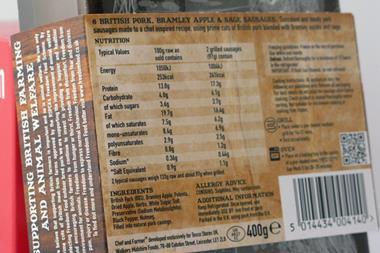






No comments yet